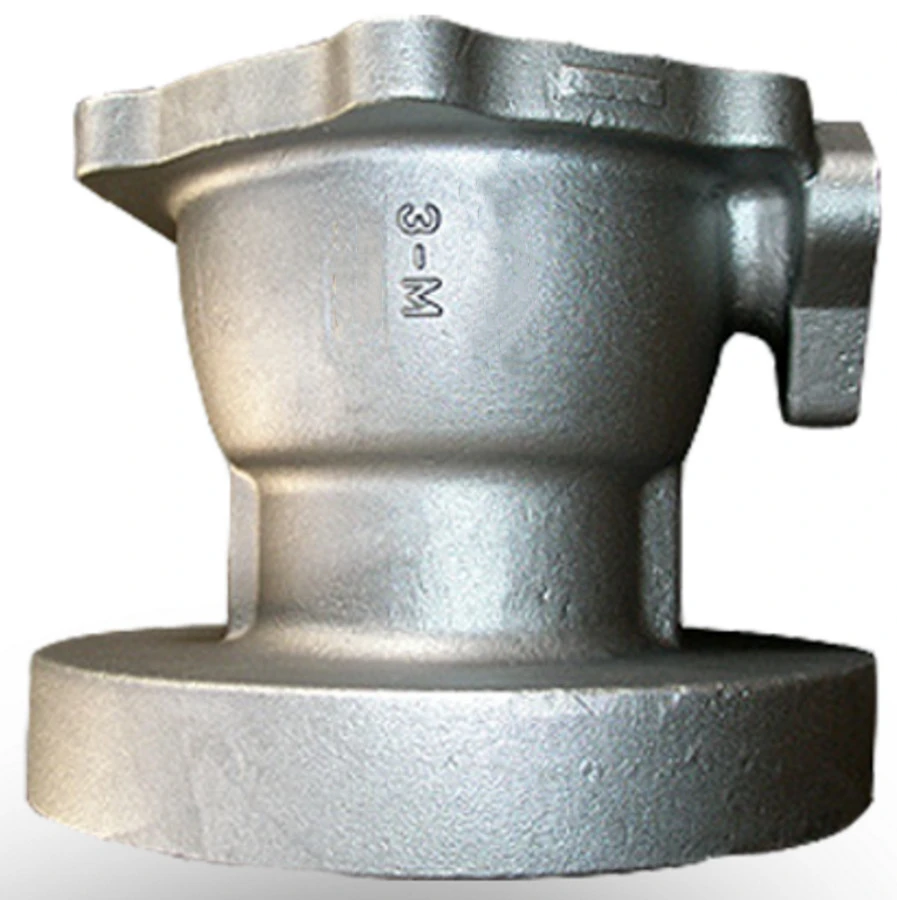Mobile:+86-311-808-126-83
Email:info@ydcastings.com
Properties and Applications of Casting 6061 Aluminum Alloy for Various Industries
Casting 6061 Aluminum Versatility and Applications
Aluminum alloys are known for their excellent mechanical properties and resistance to corrosion, making them ideal for a wide range of applications. Among these alloys, 6061 aluminum stands out due to its versatility and favorable characteristics. This article explores the properties, advantages, and applications of casting 6061 aluminum, highlighting its significance in various industries.
6061 aluminum is part of the 6000 series of aluminum alloys, which are primarily alloyed with magnesium and silicon. This combination provides a balance of strength, corrosion resistance, and workability. The casting process itself involves pouring molten metal into a mold to form specific shapes, allowing for greater design flexibility compared to traditional machining methods.
One of the key properties of 6061 aluminum is its strength-to-weight ratio. Its tensile strength can reach up to 310 MPa, making it suitable for structural applications where both weight and strength are critical. Additionally, 6061 aluminum exhibits good weldability, facilitating the creation of complex structures that often require joining different components. The alloy's excellent corrosion resistance further enhances its suitability for outdoor applications, where exposure to moisture and environmental conditions can lead to degradation.
casting 6061 aluminum

Casting 6061 aluminum provides several advantages. The process allows for intricate designs and shapes that may be difficult or impossible to achieve with other manufacturing methods. This capability is particularly useful in industries such as automotive, aerospace, and marine, where components often have complex geometries. Moreover, casting can be more cost-effective for producing large quantities of parts, making it an attractive option for manufacturers.
In the automotive industry, 6061 aluminum castings are commonly used for engine blocks, transmission cases, and structural components. The alloy's lightweight properties contribute to fuel efficiency, which is increasingly important in the era of environmental consciousness. In aerospace applications, where weight savings can lead to improved performance and reduced fuel consumption, 6061 aluminum is frequently utilized in aircraft parts and equipment.
The marine industry also benefits from 6061 aluminum's corrosion resistance, making it an ideal choice for components exposed to saltwater, such as boat hulls and fittings. Additionally, the alloy is often employed in the production of sporting goods, such as bicycle frames and athletic equipment, where durability and performance are paramount.
In conclusion, casting 6061 aluminum presents an array of benefits that make it a popular choice across multiple industries. Its unique combination of strength, lightweight, and corrosion resistance, coupled with the flexibility offered by the casting process, makes it suitable for a vast range of applications. As the demand for lightweight and durable materials continues to rise, the significance of casting 6061 aluminum is likely to grow, driving innovation and efficiency in manufacturing practices. Whether in the automotive, aerospace, or marine industries, 6061 aluminum remains a vital material that supports advancements in technology and engineering.
-
Understanding Metal Casting TechniquesNewsApr.02,2025
-
Understanding Exhaust Manifolds for Enhanced Engine PerformanceNewsApr.02,2025
-
The World of Metal FabricationNewsApr.02,2025
-
Key Components for Pump and Turbo EfficiencyNewsApr.02,2025
-
Essential Tools for Automotive Maintenance and RepairNewsApr.02,2025
-
Durable Valve Components for Effective Water ManagementNewsApr.02,2025











